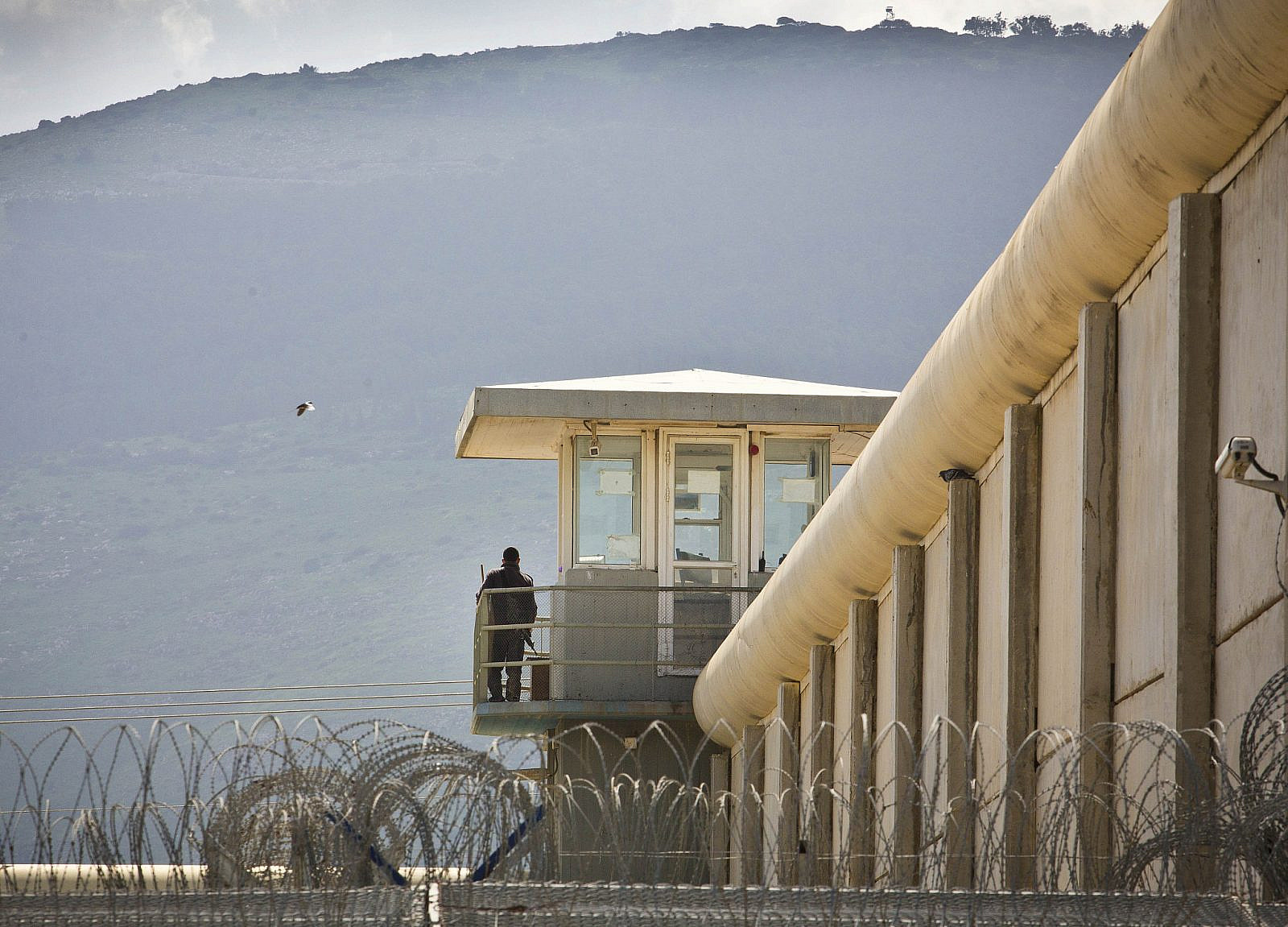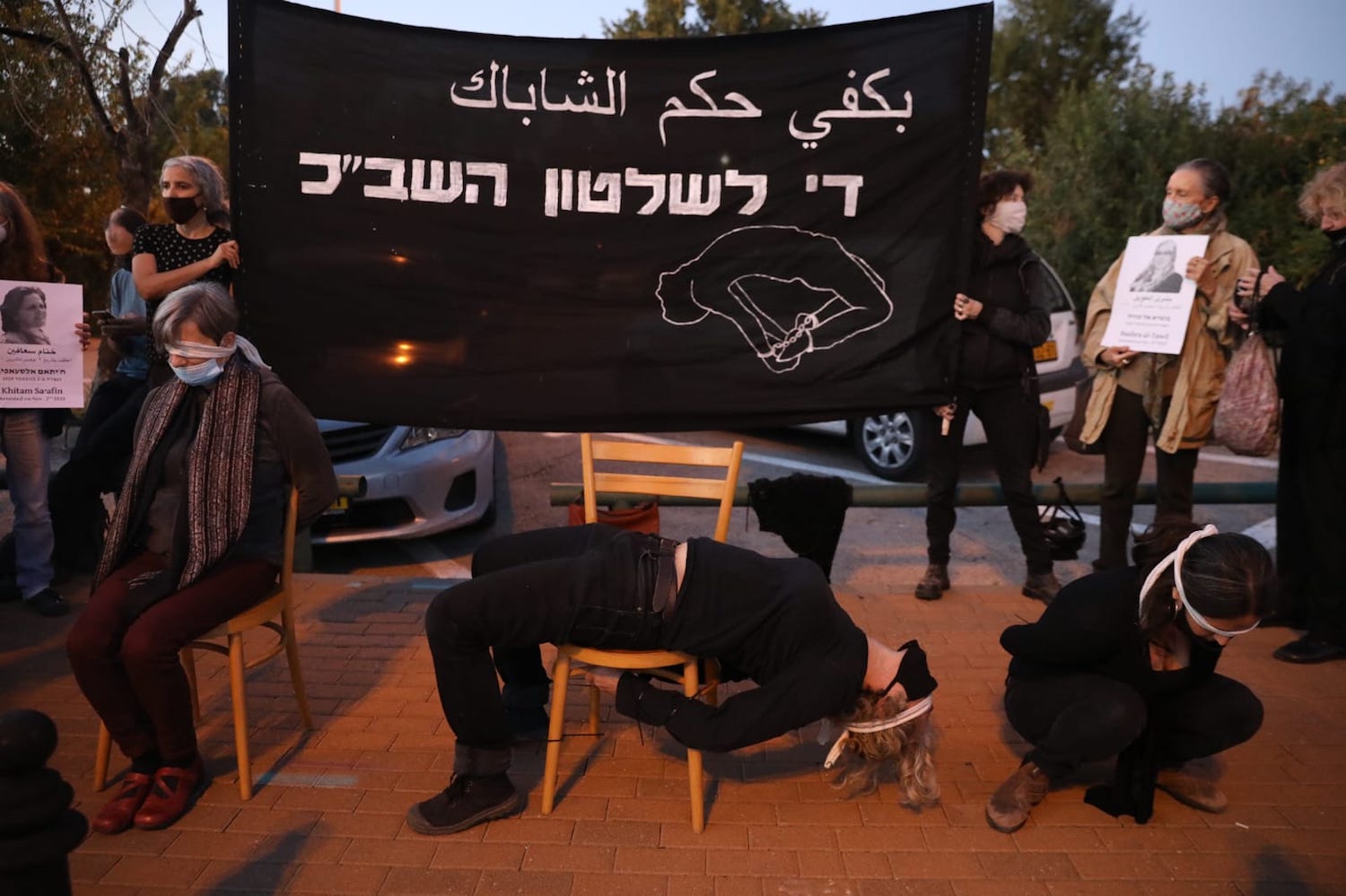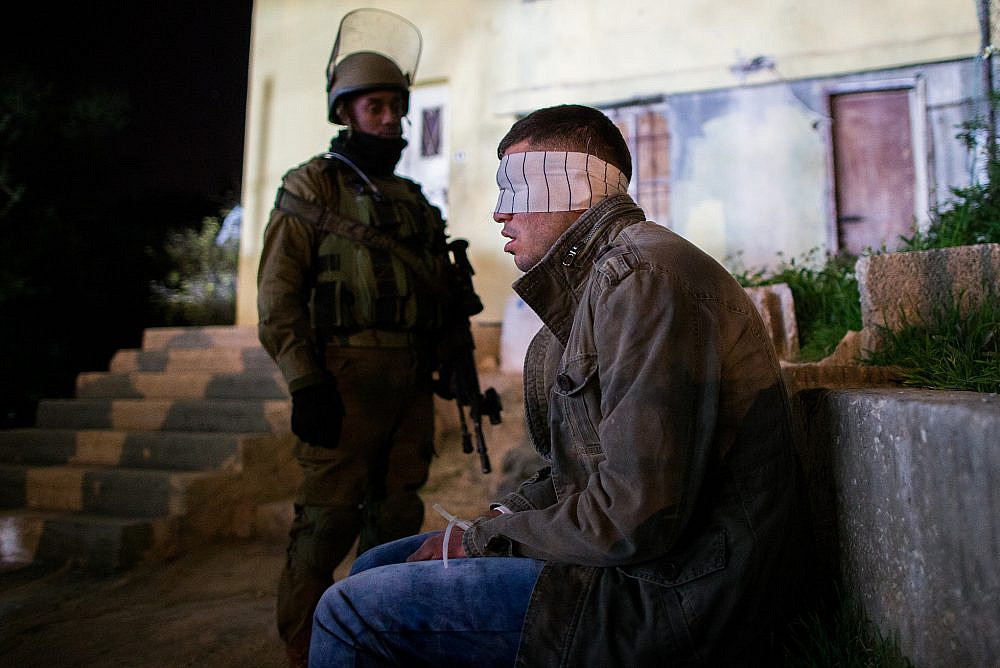Israel’s Attorney General Avichai Mandelblit announced his decision last week to close a criminal investigation against Shin Bet interrogators who reportedly tortured a Palestinian accused of carrying out a violent attack in the occupied West Bank.
The Shin Bet, Israel’s internal security agency, has been holding 45-year-old Samer Arbeed since Sep. 25, 2019. The agency interrogated him on suspicion of carrying out a bombing that killed 17-year-old Israeli Rina Shnerb at a spring in the occupied West Bank in Aug. 2019.
According to media reports, Arbeed was seen by a doctor on the night of his arrest, then again the following morning, and once more that evening. Supposedly found to be in “reasonable” condition each time, he was taken back to interrogation.
The next morning, however, Arbeed was taken to the hospital in critical condition. He was found to have fractured ribs and signs of trauma on his limbs, neck, and chest. A day later, a Shin Bet official notified the family’s lawyer that Arbeed was in hospital, unconscious and on a ventilator.
Writing the charade
Interrogating Palestinians through torture has been a longstanding practice for the Shin Bet. Still, it is rare for Palestinian detainees to be sent to hospital as a result of these violent interrogations. Arbeed’s hospitalization made headlines and raised serious questions about the Shin Bet’s conduct, pushing the Israeli establishment to quickly make solemn promises that the matter was under review.
The first stop for this review was the Inspector for Complaints Against the Israel Security Agency, the department tasked with determining suspicion of criminal conduct. Hundreds of complaints have gone through this department over the years; in all but one, the agency concluded that there was no suspicion of wrongful conduct, and proceeded to close the case.

The whitewashing usually ends there; but in Arbeed’s case, the screenwriters of the charade decided to go further initiate a criminal investigation. The interrogators were questioned. Witnesses gave statements. Documents were seized. Even Israel’s National Center of Forensic Medicine ordered a report.
Finally — after enough time went by, and it looked like the curtain could be brought down without raising too many eyebrows — the attorney general announced on Jan. 24 that he had closed the file into Arbeed’s case for “lack of basis to substantiate the commission of an offense.”
Why was this evidentiary basis so elusive? It wasn’t for any lack of evidence; it’s that the Shin Bet actions which sent Arbeed to the hospital are not actually forbidden. They aren’t exactly legal either; alas, the most moral country in the world doesn’t do such things. And yet, these practices are deeply entrenched in the Shin Bet’s internal protocols, rendering Mandelblit’s conclusion inevitable.
Justifying torture
The precise details of what interrogators are allowed to do are, of course, kept secret. But hundreds of Palestinian testimonies over the years paint a vivid and horrifying picture of what goes on during these interrogations — some of which can last weeks.
For starters, interrogators can keep the detainees isolated in tiny, dark, and filthy cells. They are allowed to deny the detainees food for days or to give only spoiled, uncooked, and inedible food. They are allowed to beat them and forbid access to toilets. They can threaten to harm them or their families, insult them, and shout at them. They may tie them to a chair in painful positions for long periods of time. They can blast cold air into their cells and refuse their requests for blankets. They can prevent them from showering, changing clothes, or brushing their teeth for days. They can withhold adequate medical treatment, and deprive them of sleep for days on end.
None of this is against the law. The Landau Commission, formed by the Israeli government in 1987, concluded that “moderate physical pressure” is the “only” method interrogators are permitted to use. What this pressure actually constitutes has never been defined, though the Commission’s report did include a secret annex that permitted additional methods for extracting information out of detainees.

In its famed 1999 ruling, Israel’s High Court overturned the Landau Commission’s conclusions and banned the use of a litany of torture methods. However, the justices still left interrogators the option of invoking the “necessity defense” — justifying the use of torture by claiming it was vital for urgent security purposes, euphemistically referred to as a “ticking bomb.”
This is why Israeli interrogators have no need to hide anything from their superiors. On the contrary, they meticulously record their interrogations in secret documents, stating what methods they employed and for how long, and which can be presented to the courts when needed. Physicians also examine the detainees, confirming for the interrogators if their condition allows for further interrogation. Judges consistently approve remand requests and often extend orders to deny Palestinians in custody access to legal counsel.
Fixing the makeup
Taken altogether, this massive web of rules and institutions serves as makeup for Israel to mask the fact that it permits, even welcomes, interrogation through torture. This makeup does a good job of hiding Israel’s wrinkles and atrocities; but every once in a while, something goes awry and the truth comes out, as it did in Samer Arbeed’s case.
When that happens, the Israeli authorities put all their hands on deck — not to wipe off the makeup, but to brush it up a little more. Israel’s law enforcement, well versed in whitewashing these crimes, quickly mobilizes to create the appearance of a serious, thorough investigation aimed at uncovering the truth. And when it’s all over, everyone breathes a sigh of relief. Everything falls back into place; the legal seal of approval is given, and most importantly, torture itself remains legal.
Why, one might ask, does Israel fuss over this makeup so much? Why not just come out and say that torturing Palestinians is acceptable?
Maybe it’s because Israelis think that “outsiders wouldn’t understand.” Perhaps Israel would face serious backlash over this policy, and even suffer some consequences. But maybe there’s another reason. Torture, by its nature, takes away a person’s humanity; it makes them an empty vessel, an object designed to harm. Israelis don’t want to admit that this is how they see another people. When the face staring back in the mirror becomes too much to bear, the mask comes right back on.
A version of this article was first published in Hebrew on Local Call. Read it here.

